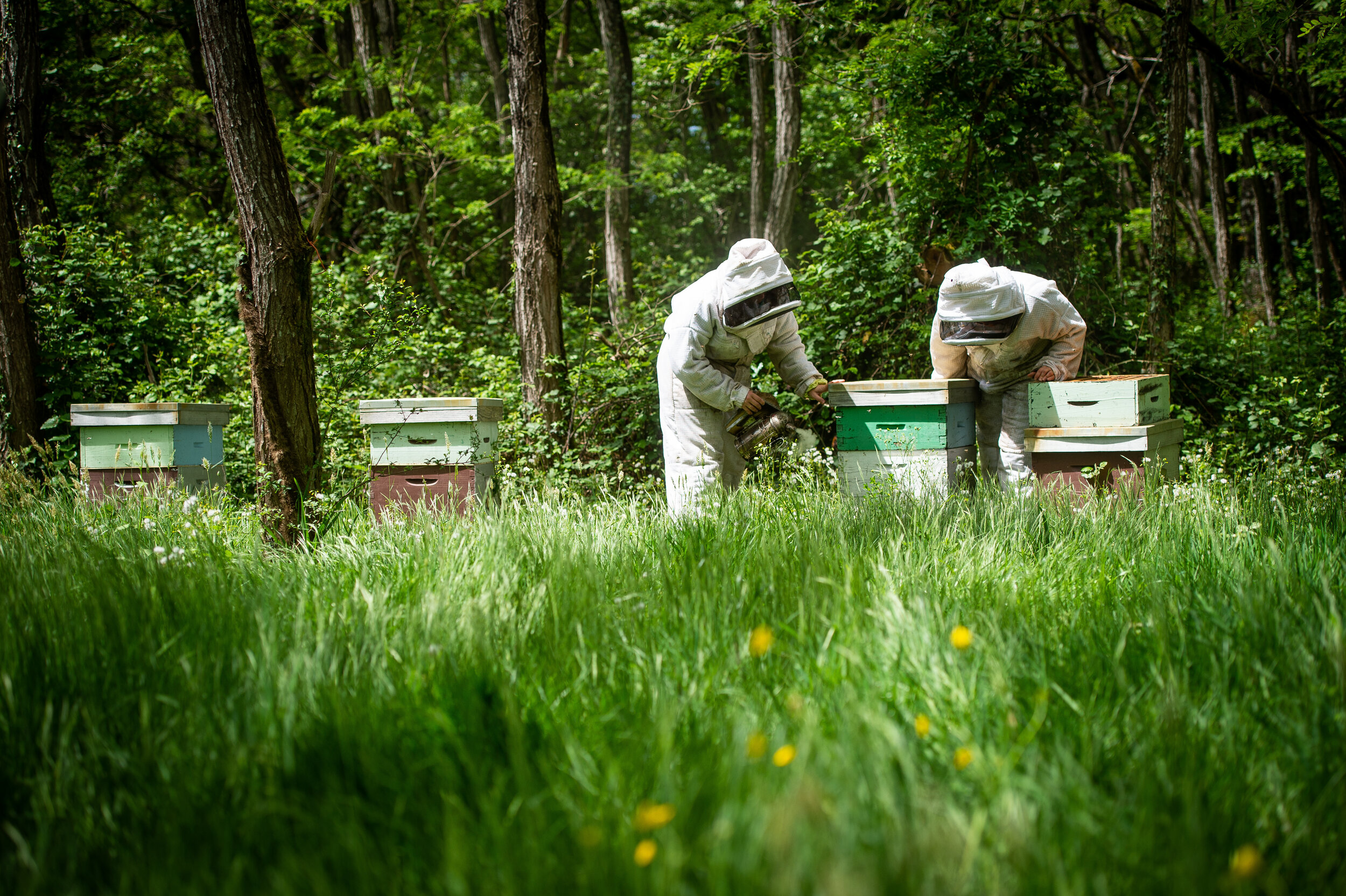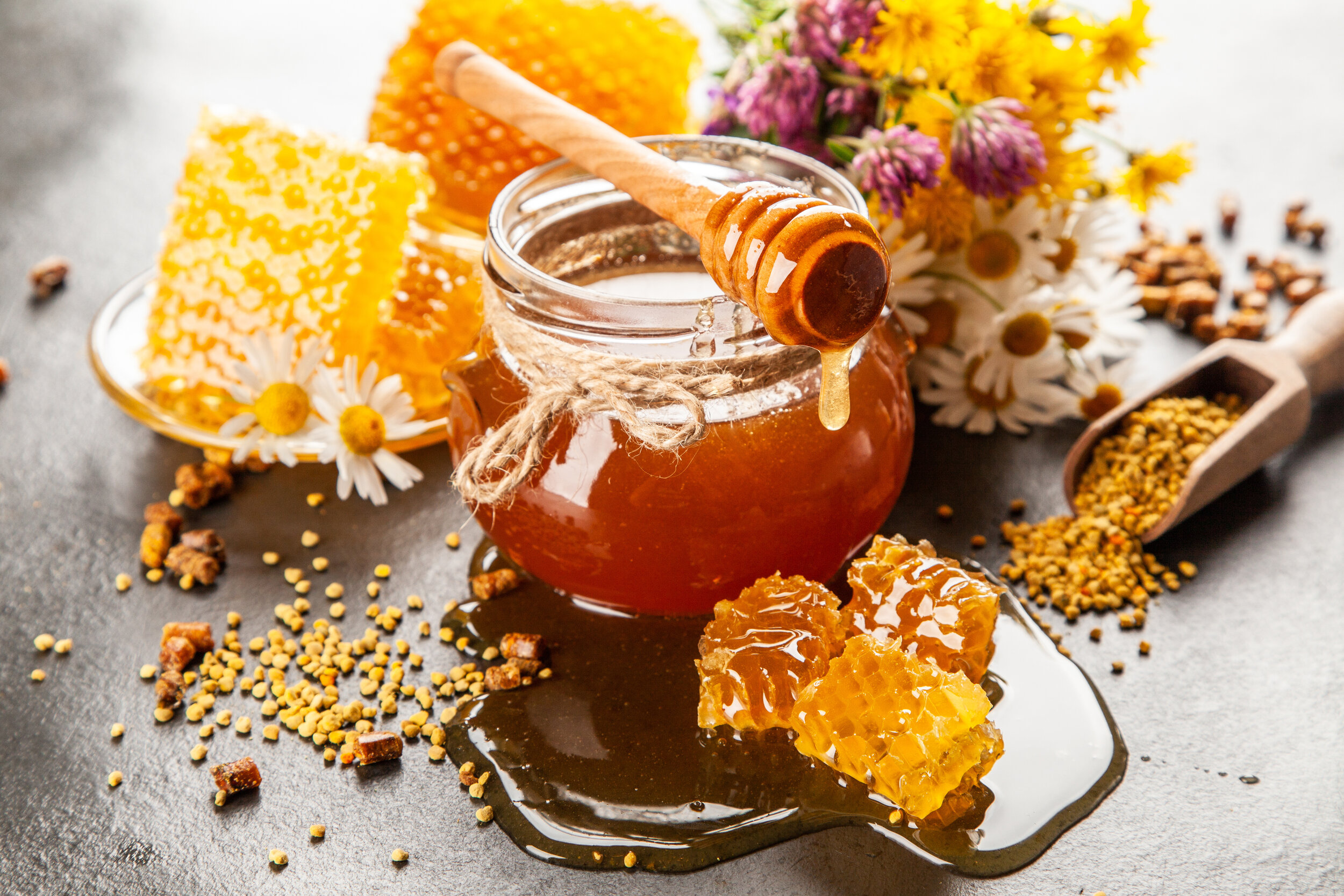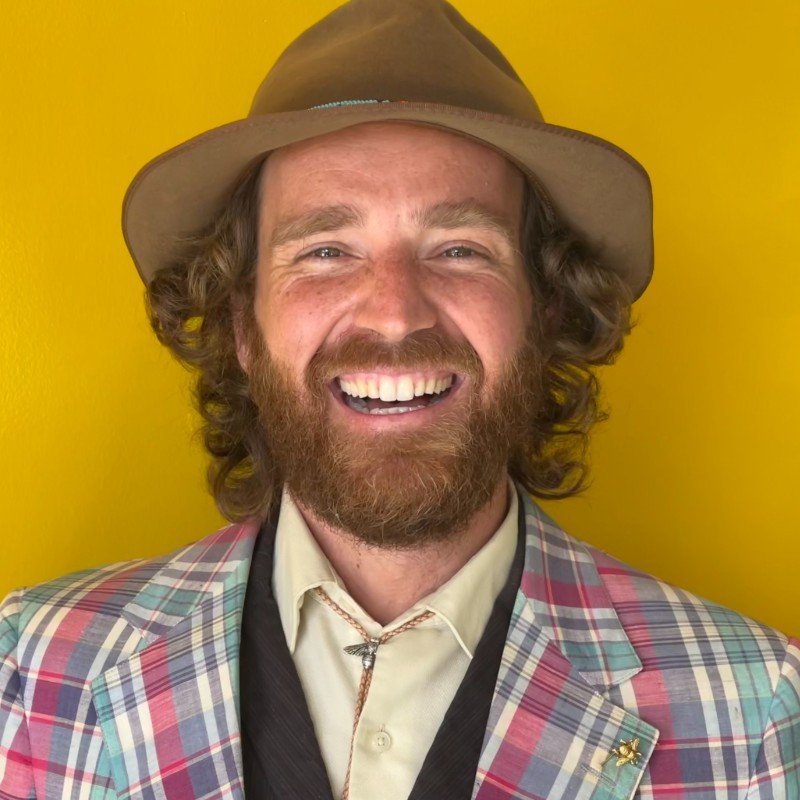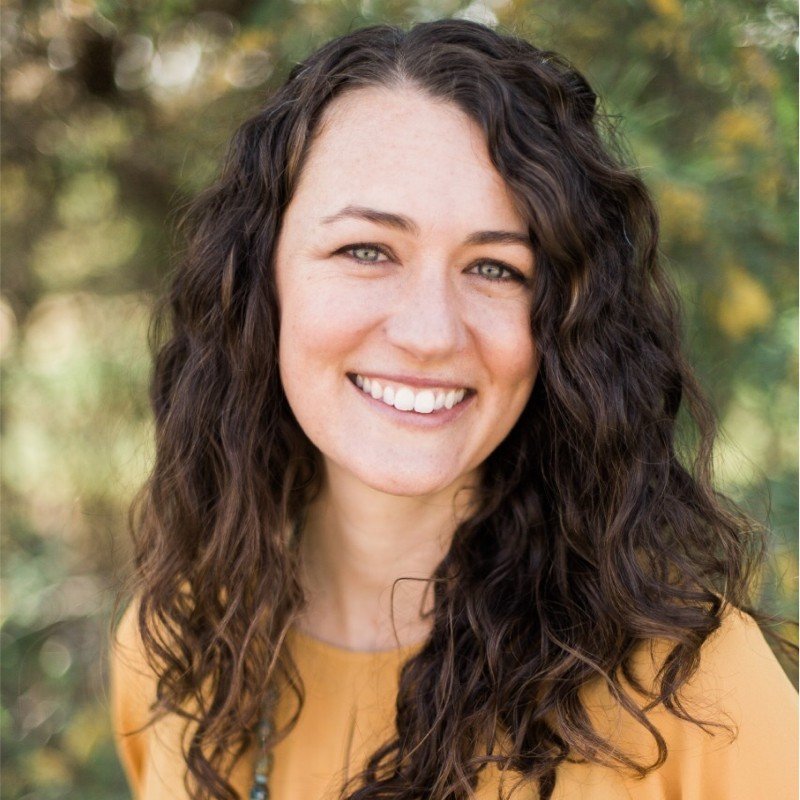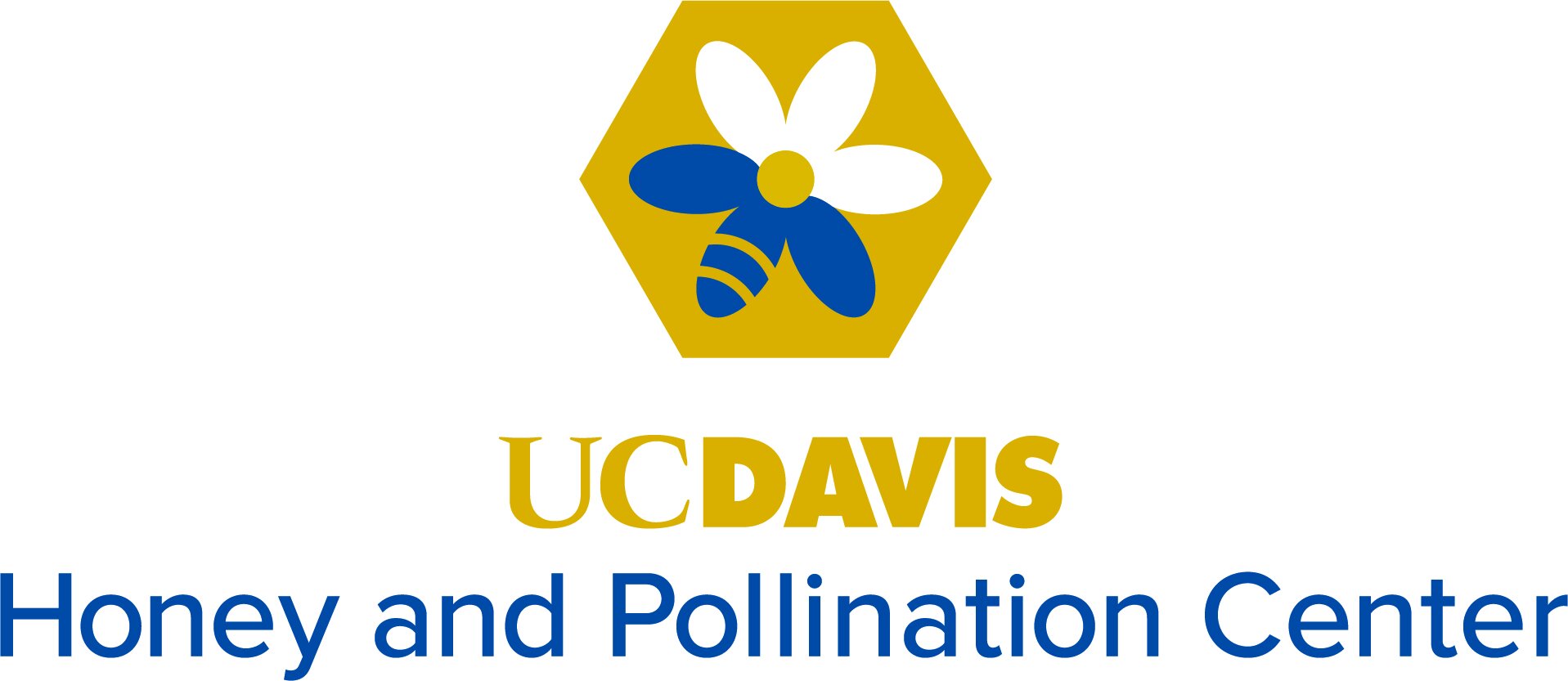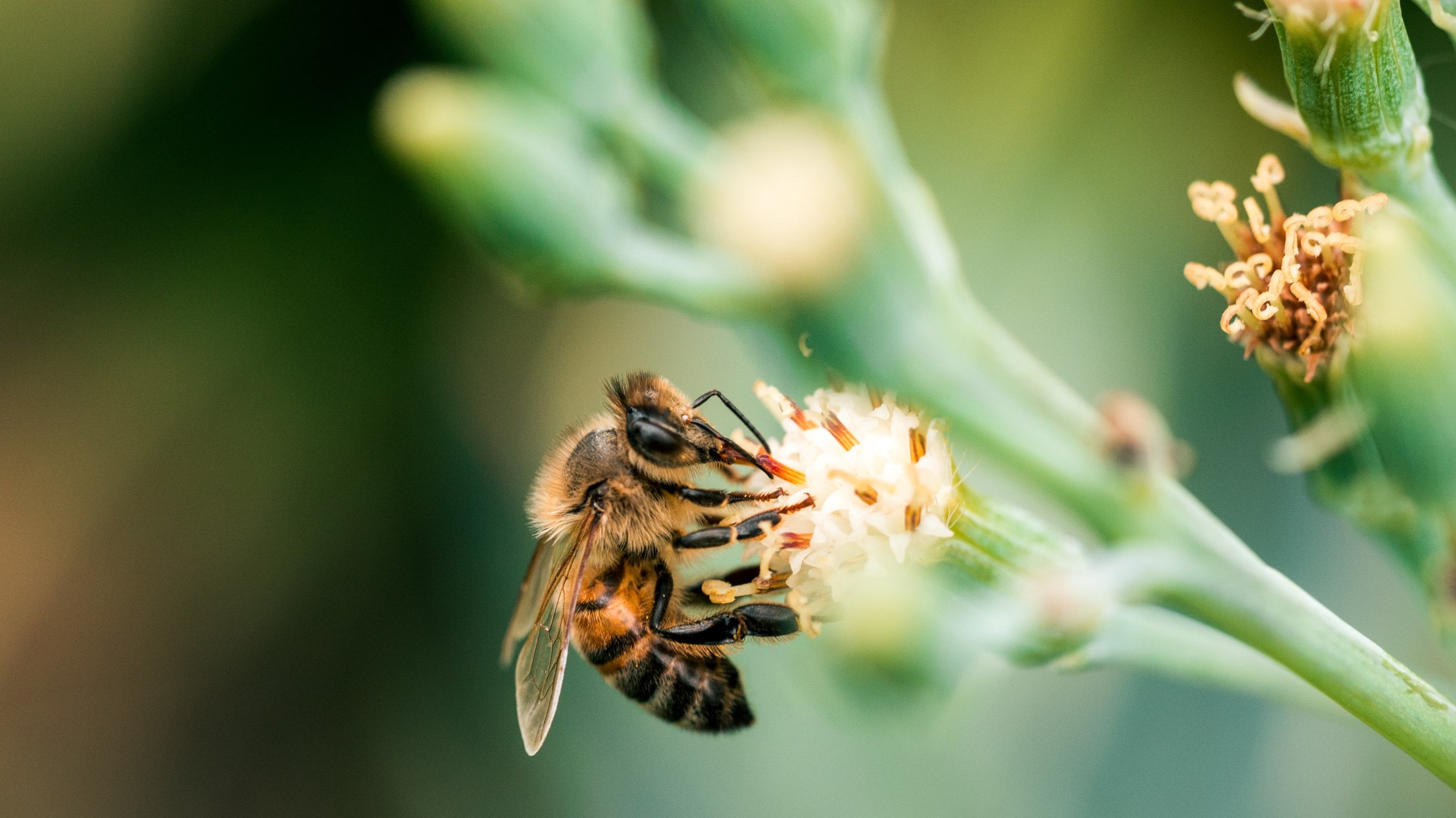
Regenerative Apiculture Working Group
Developing, Promoting, and Implementing Standards for a Regenerative Honey Ecosystem
Support our cause and donate today!
Biodiversity loss is impacting our food system.
It’s a systemic challenge that requires unprecedented cooperation.
The Regenerative Apiculture Working Group (RAWG) is a multi-stakeholder group gathering beekeepers, land owners, researchers, honey buyers (packers, brokers, distributors, retailers, brands), consumer educators, ecologists and regenerative designers at a shared table for the purpose of identifying and working towards systemic solutions to the many challenges beekeepers and honey bees experience. We aim to organize the honey industry and its stakeholders around regenerative practices, focusing on standards, testing and education, in order to create a value retentive beekeeping model.
What is regenerative apiculture?
Regenerative Apiculture is beekeeping that measurably improves the health and resilience of honey bees, generates positive interactions between honey bees and surrounding ecosystems, supports beekeeper livelihoods, and enables human food systems, and the biosphere to thrive.
Industry-wide evolution is possible. This is how:
Develop Regenerative Apiculture Standards
Educate About Regenerative Apiculture
Develop Regenerative Practices and Outcomes Manual
Fund Applied and Interdisciplinary Research
Strengthen Networks of Landowners and Beekeepers
Coordinate Suppliers and Brands Leading Industry Change
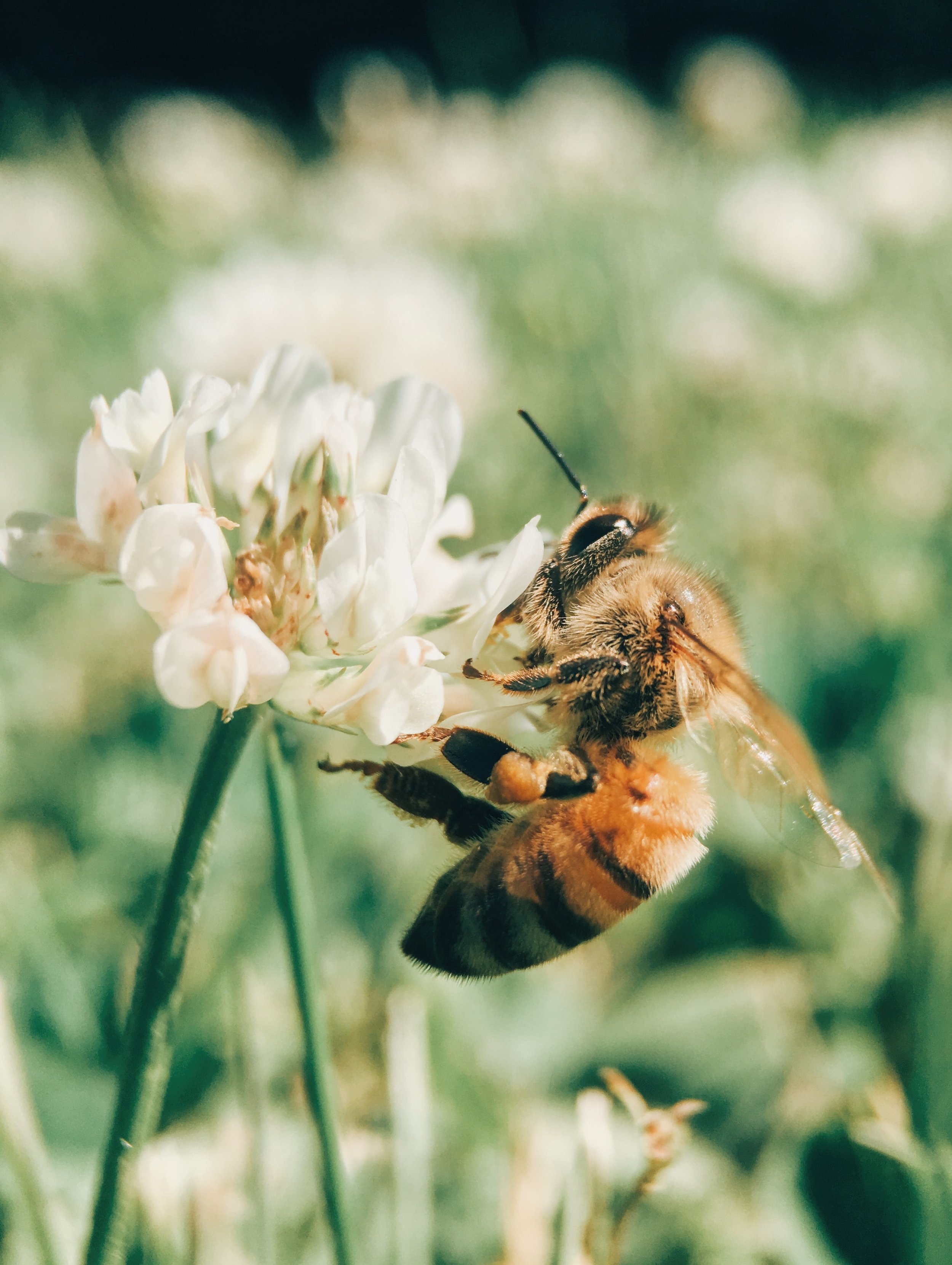
Our Why
-
From 2020 - 2021 honey production in the United States declined by 14.1%.
-
From 2020 - 2021 a 45.5% colony loss rate in the United States was reported.
-
In the United States the lack of nutrient dense forage for honey bees puts honey bee health and beekeeper livelihood at risk.
-
Beekeepers must compete with low market prices created by fraudulent honey.
Profits from honey sales in the US are largest for the importers and packers, not the domestic beekeepers.
-
Increased drought, higher temperatures and dramatic weather events pose challenges to honeybee health and the forages they depend on.
Support our cause and donate today!
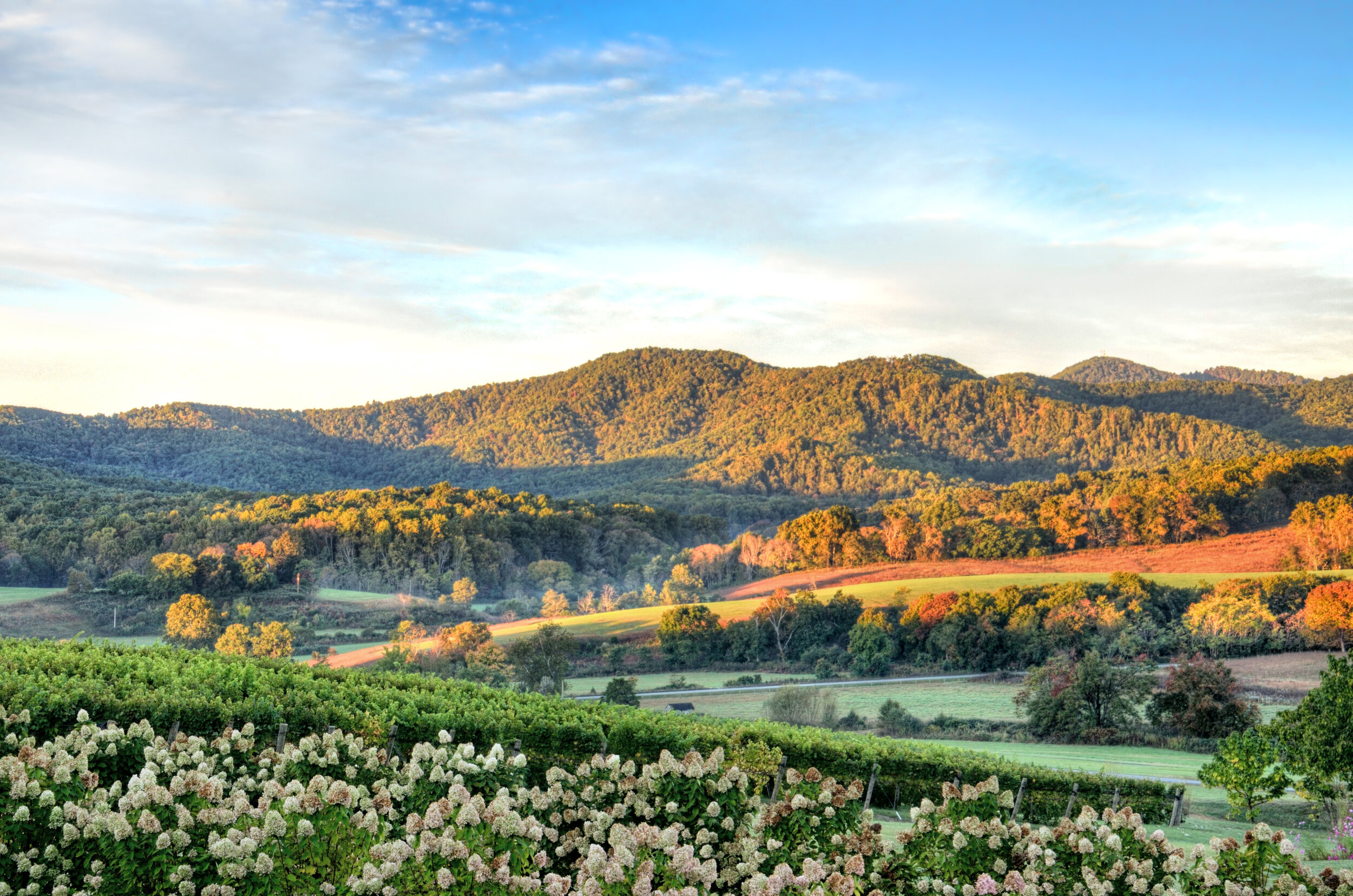
“Land use and forage loss are the biggest challenges facing the apiculture industry today. We need to ensure the agricultural system provides forage and habitat for bees and all pollinators.”
— Dr. Marla Spivak
The RAWG supports the following Sustainable Development Goals:
For more information on the 17 Sustainable development goals:
Our Approach
-

Goal 1
Define Regenerative Apiculture Standards and Validation Process.
-

Goal 2
Develop and Implement 3-5 Test Sites to verify practicality of standards and validation process.
-

Goal 3
Educate beekeepers, honey buyers, retailers and consumers about regenerative apiculture.
-

Goal 4
Work with established beekeeping organizations to promote regenerative practices and standards.
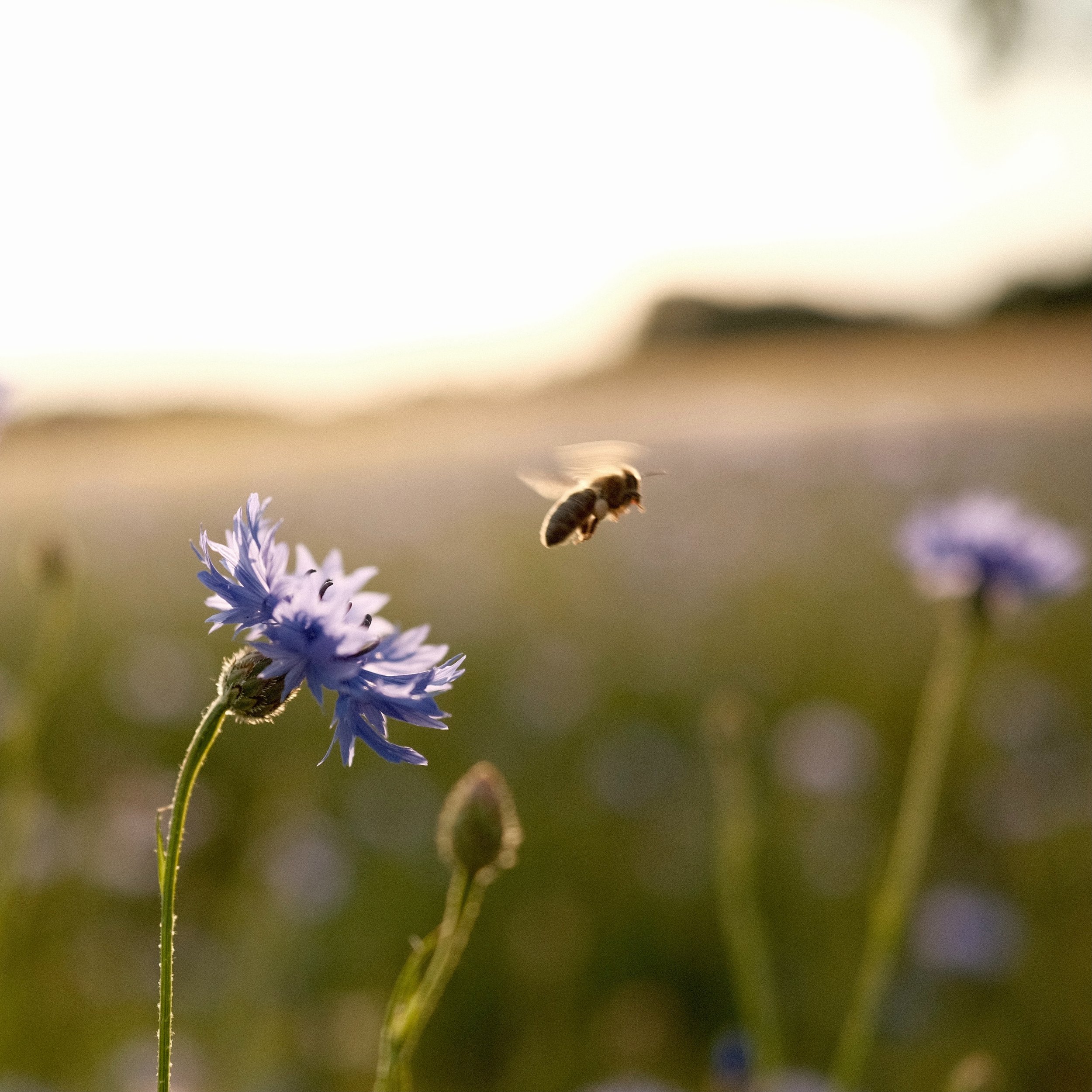
Resulting in a verification system for regenerative apiculture that allow beekeepers to transition their apiaries to regenerative management and produce validated regenerative honey, giving the consumer and CPG industry an alternative to the adulterated, opaque conventional honey market.
Read the Regenerative Apiculture White Paper
The Regenerative Apiculture White Paper explores the systemic challenges facing beekeepers and honey bees in the US and proposes a concept and path towards developing regenerative agriculture.
Download the white paper and keep up to date with the working group by signing up here:
Who We Are
Chair of RAWG, is Founder of Pass the Honey, an individually-portioned honeycomb importer, packager, wholesaler, and retailer.
Co-Chair of RAWG, is the Founder of Golden Coast Mead, an alcoholic beverage manufacturer that produces honey based meads out of Oceanside, CA.
Senior Regenerative Design Associate at Terra Genesis.
Partner and Chief Innovation Officer at Terra Genesis, a Managing Director of Smallholder Data Services, and founding board member of the Earthshot Institute, a decentralized open science research community.
The Founding Director of the Honey and Pollination Center at the Robert Mondavi Institute, UC Davis. Additionally, she is one of the owners, with her children, of Z Specialty Food, a varietal honey packer in Woodland, CA since 1979.
Technical Advisor of the Regenerative Apiculture Working Group. Over more than 20 years he has led the development and expansion of multiple regenerative producer networks, including Yerba Mate for Guayaki as well as Kernza, Tsampa, Bison and Salmon for Patagonia Provisions.

